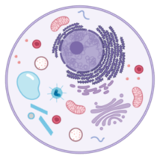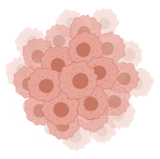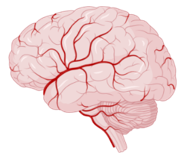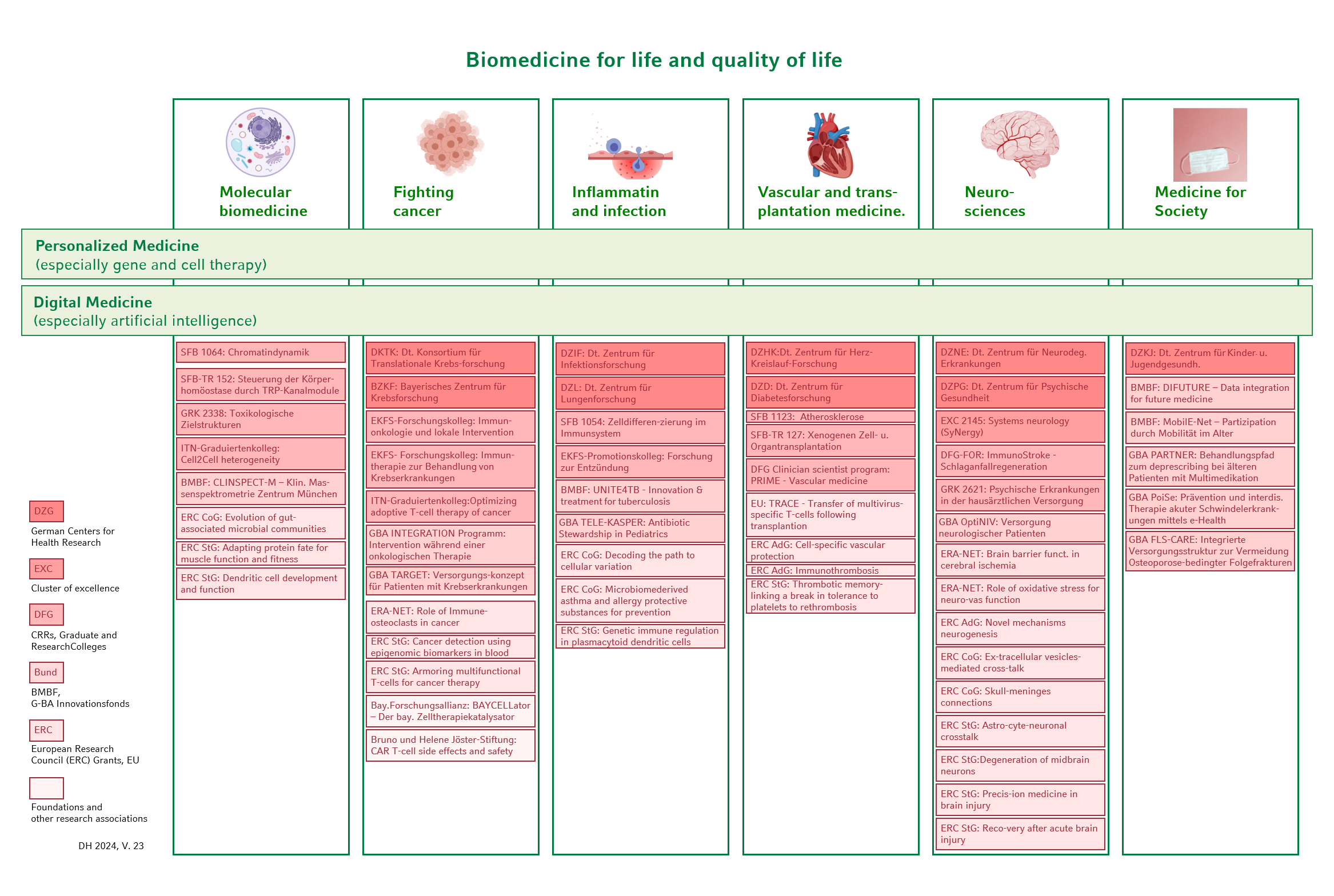Focus areas
The Faculty of Medicine of LMU Munich particularly promotes the formation of interdisciplinary focal points that cover a broad spectrum overall. Nevertheless, a focus is pursued by designing six main research areas. They are summarized under the major topic "Biomedicine for Life and Quality of Life".
The six key areas - Molecular Biomedicine, Fighting Cancer, Inflammation and Infection, Vascular and Transplantation Medicine, Neuroscience, and Medicine for Society - are horizontally linked by the two methodological cross-sectional areas - Personalized Medicine and Digital Medicine:
Six thematic key areas
Molecular Biomedicine

The focus of "Molecular Biomedicine" is the study of molecular processes in the human organism. Their functioning in the healthy body as well as in the disease process is researched. The aim is to better understand the cause and development of diseases at the molecular level in order to develop new diagnostic and therapeutic approaches.
Fighting Cancer

The research and treatment of tumor diseases constitute a designated focus of the Faculty of Medicine. Epidemiological figures show that, along with cardiovascular diseases, tumor diseases are the major causes of death in the Federal Republic of Germany. Although considerable progress has been made in treatment in recent years, many tumor diseases continue to pose challenges to medicine.
Inflammation and Infection

The immune system plays a crucial role not only in the defence against infections, but also in the development of autoimmune diseases, allergies and inflammatory reactions. The focus of the research area "Inflammation and Infection" is wide variety of immunological questions on topics such as immune modulation, autoimmune reactions, resistance to currently available anti-infectives, and inflammation research in infectious and non-infectious diseases.
Vascular and Transplantation Medicine

Transplantation research is a component of regenerative medicine that is characterized by constant innovations and is also of great importance at the Medical Faculty. Research topics include the modulation of ischemia-reperfusion damages (which occur when an organ has not been supplied with blood for some time), the prevention of transplant failure and - due to the shortage of donor organs - the development of organ substitution procedures.
The research area "Vascular Medicine" forms another section of the focus area "Vascular and Transplantation Medicine". Vascular diseases are frequently responsible for cardiovascular diseases and stroke. In order to prevent these diseases at an early stage, the mechanisms of vascular changes must be better understood.
Neuroscience

This key area of research is centered on the decoding of central and peripheral neurodegenerative diseases. The aim is to investigate structure and function of the nervous system in healthy and diseased states in order to develop new diagnostic and therapeutic concepts for neurological and mental diseases.
Medicine for Society

In view of the changing age structure, dramatically changing workplaces and the constant increase in new technologies, health science issues are becoming increasingly important. Current topics of future-oriented health research include questions of prevention and care, especially of chronic diseases, the management of disease risks in an aging society, health-science genome research, as well as integrated medical and economic evaluation in connection with clinical trials.
Two methodological cross-sections
Personalised Medicine
New technologies are rapidly expanding knowledge of molecular and cellular processes and contributing to the understanding of health and disease. Personalized Medicine aims to use this knowledge for individualized prevention, diagnosis and therapy, taking into account individual biological risk markers, genetic predisposition, gender-specific factors or lifestyle factors.
Digital Medicine
The future of medicine is (also) digital. Artificial intelligence and machine learning promise unexpected possibilities for patient-oriented, personalized diagnostics and therapy. In everyday medical practice, digital datasets are generated in large quantities from clinical systems and procedures, and their potential is enormous. At the Faculty of Medicine, several institutions and research groups are already successfully working on digital health, machine learning and related topics.


